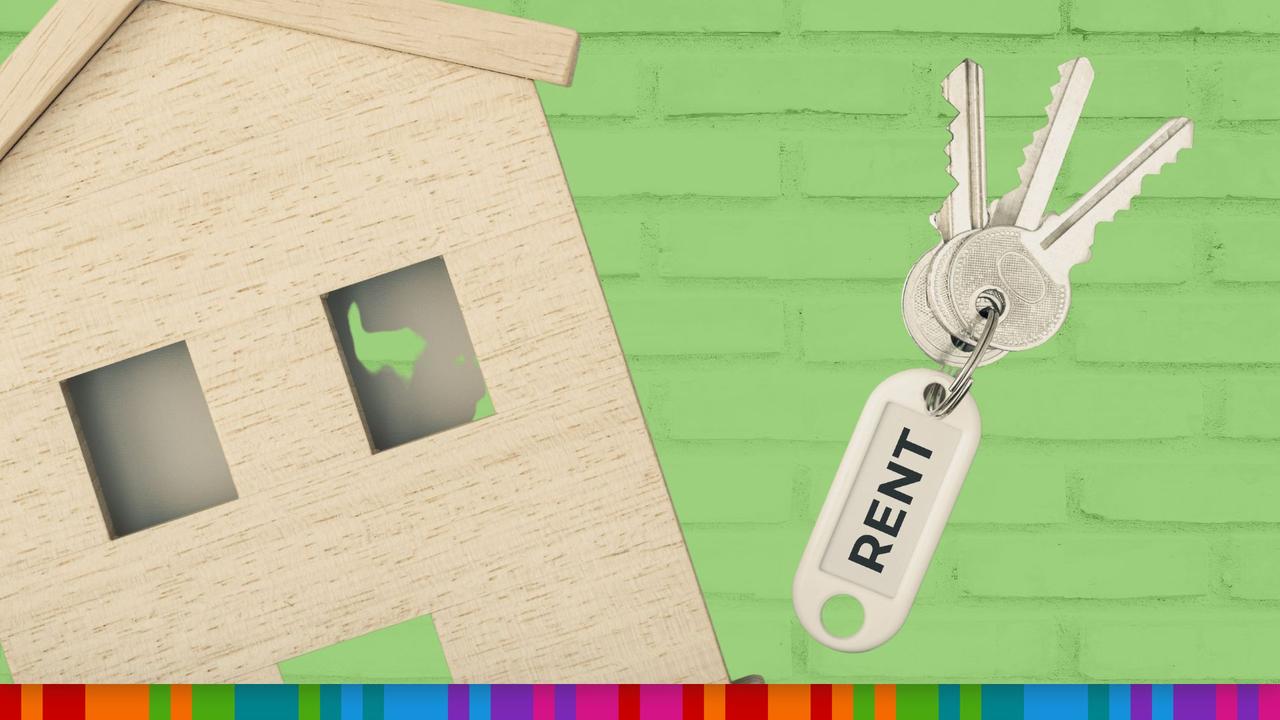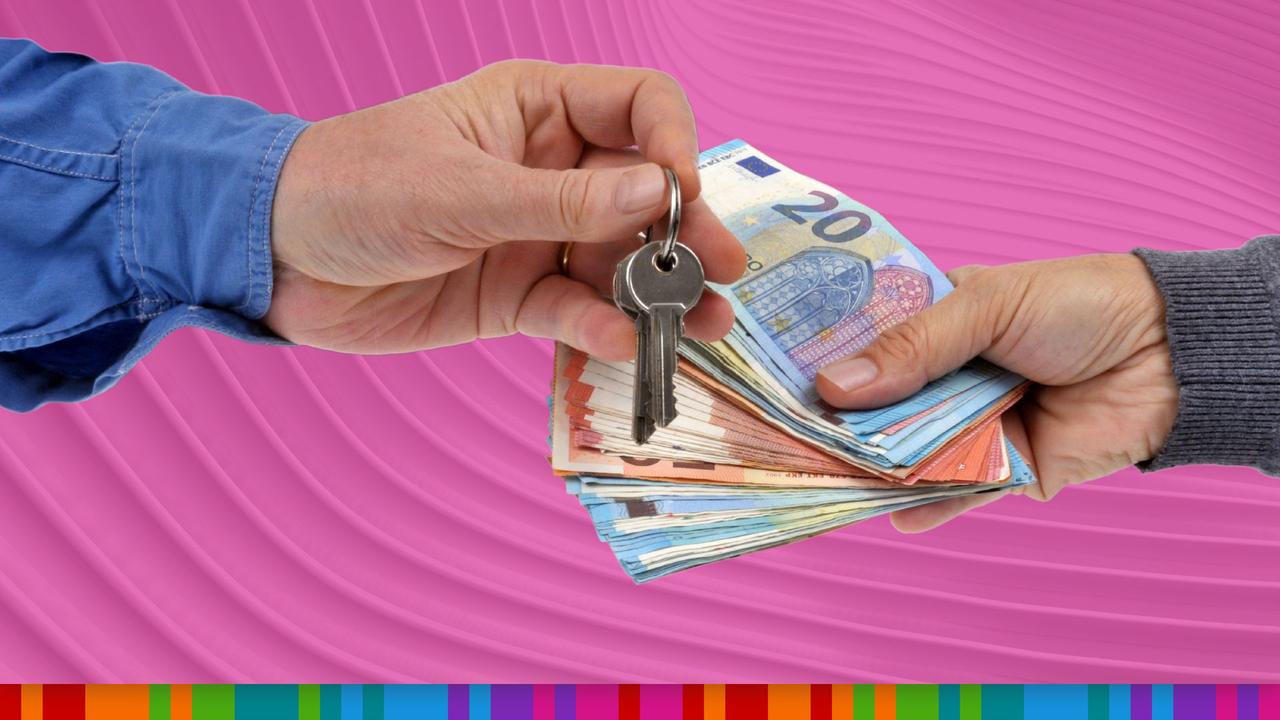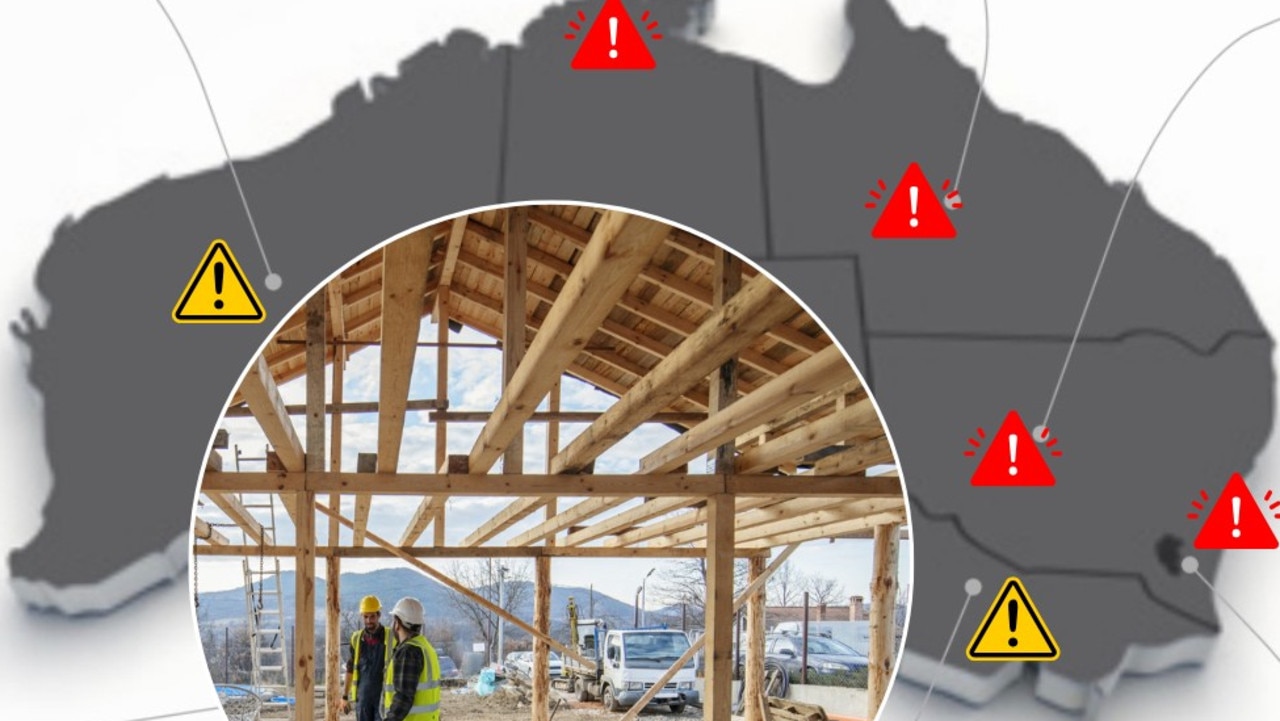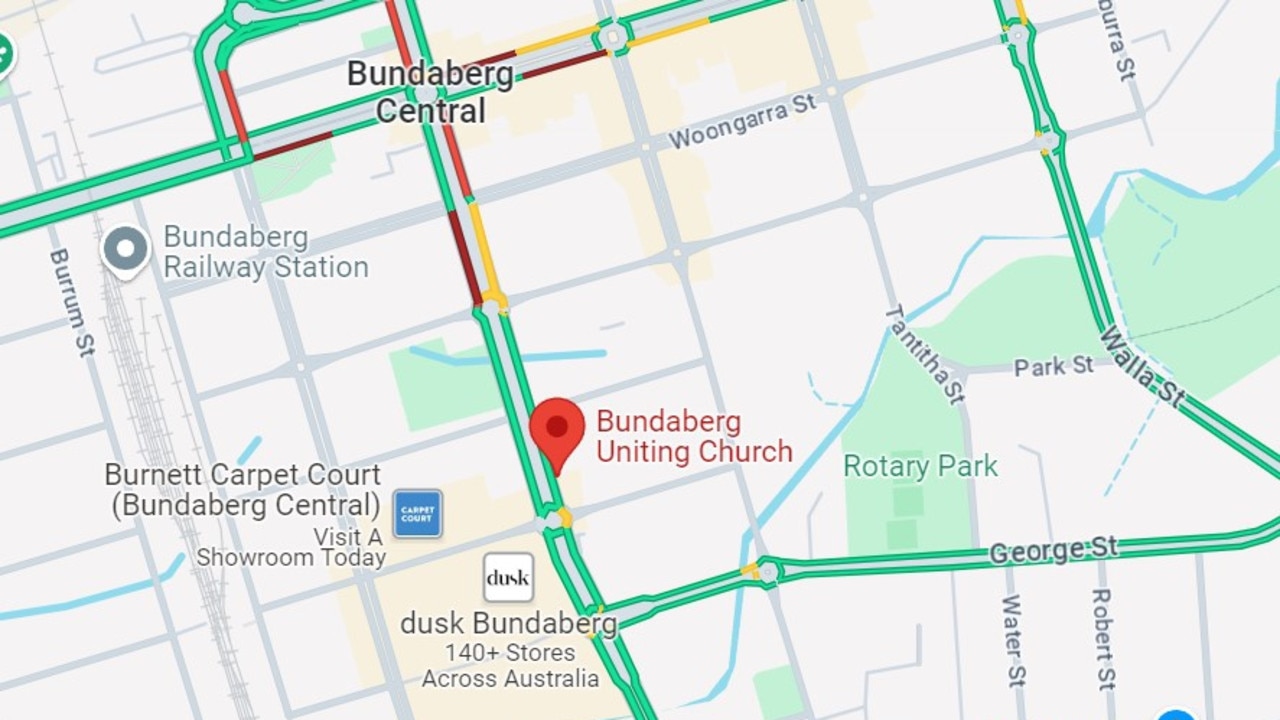What to do if your rent increases
Rental prices are shooting up, but there are some steps you can take to make it fair.

Three months before my Sydney lease ended, I asked my real estate if they were willing to extend the lease, and whether there’d be a price increase. I kept asking every week, always getting the same answer: “the owners haven’t told me yet”.
After my lease ended, exactly 21 days before the end of the extra month I’d paid for (so I couldn’t get any money back), the real estate dropped that they’d be asking for a $100 increase. Dodgy and frustrating, yes. Unexpected? No.
With rental prices increasing around the country, at the same time as a shortage of available places to rent, many people are being stuck between a rock and a hard place. So what are your rights as a tenant?

Why is rent going up?
While rent increases are nothing new, if you’re wondering why it seems so widespread right now, the Director Economic Research at PropTrack, Cameron Kusher, says it’s because of supply and demand.
“Rents are ultimately rising because demand for rental stock is outweighing supply,” he told news.com.au.
“While investors have been returning to the market, they have been outnumbered by the number of investors that are selling their properties, largely to owner-occupiers, which is reducing the overall stock of rentals available for lease.
“Rental prices fell significantly during the start of the pandemic in Sydney and Melbourne and with people working from home in lockdown, many renters living in share houses moved to their own rental property for more space, reducing the overall supply of rentals available.
“Plus, with state and international borders now reopened, an increasing number of investors are looking to utilise short term rents instead of long-term leases, further reducing the supply of rental stock.”

What’s a reasonable increase?
Unfortunately, there’s no national definition of what a reasonable rent increase looks like, but you can get a good idea by looking at the median rental prices of similar properties in your neighbourhood.
So if everything around you is going up by 5 per cent, then it makes sense that yours would too (if it’s in good condition, of course). If there’s nothing comparable in your area, unfortunately your real estate might have more power in negotiations.
How often can rent increase?
This really depends on your state, but in generally it usually can’t happen during the life of your lease.
Speaking to realestate.com.au, chief economist for PRD Dr Diaswati Mardiasmo said there are some exceptions.
“There can be some instances where landlords can increase rent during a fixed term, however this will need to be stated within the tenancy agreement from the beginning,” she said.

How much notice is required?
Again, the laws on this vary state by state. For New South Wales, Victoria, Western Australia, South Australia and Tasmania, the law typically requires 60 days notice of a rent rise. Queensland is basically the same, requiring two months, the ACT just requires eight weeks and only 30 days are necessary in the Northern Territory.
It’s never legal to backdate the increased payments.
Can you negotiate?
You can try, but you’ll need to be far more prepared than I was. Kasey McDonald, the head of leasing at property management agency: Different, told realestate.com.au that you’ll need a good knowledge of other property prices in your market, and be able to justify why you think the rent increase isn’t fair.
You can try to negotiate the price, or find other ways to compromise – like offering to sign a longer lease at a lower rental price, or offer to do home improvements out of your own pocket in exchange for keeping rent the same.
Whatever you’re trying for, McDonald recommends you stay calm and polite.

Where to find help
If you think your rent increase is unfair but your landlord won’t budge, there are resources available to you.
More Coverage
Most states and territories have a Civil and Administrative Tribunal that tenants can go to for an order that the new rent is excessive. In Western Australia, tenants can apply to the Magistrate’s Court for that order.
In Victoria, tenants can turn to Consumer Affairs for a rent assessment within 30 days and Tasmania can ask the Residential Tenancy Commissioner for a review.
If those sources come back with a statement saying the rent is unreasonable, you have a much stronger case to negotiate.





